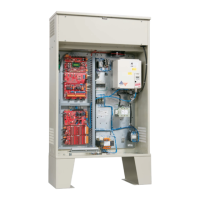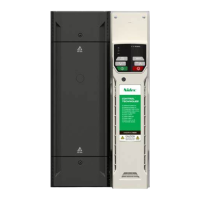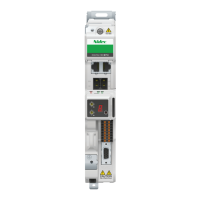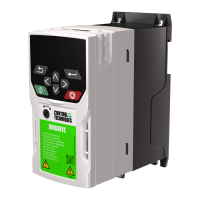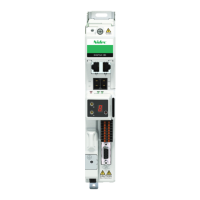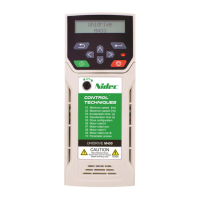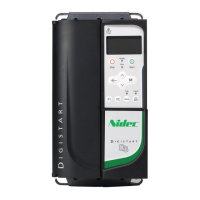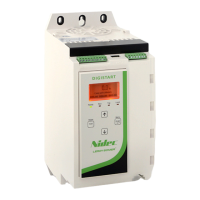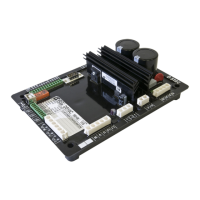Installation Considerations
Manual # 42-02-1P28 A3 2-3
Installation Considerations
1. Dust, carbon, or metallic particles should not be allowed to accumulate on any part of
the control.
2. Avoid vibration and shock.
3. Avoid rapid temperature change, high humidities, high ambient temperatures.
4. Avoid caustic fumes.
5. Prevent electromagnetic interference. This may be caused by radio transmitters, high
voltage inductive spikes from unsuppressed relay coils, improper grounding, and
improper wiring practices. The following should be noted:
• The outer door will protect against interference only if closed. When the door is open,
do not run high wattage radios next to the microprocessor.
• Noise from door operator reactors can cause a problem if mounted on the controller.
• Standard arc suppressors (resistor/capacitor networks) are used on AC relays. Diode/
resistor combinations work well for DC relays. Consult Motion Control Engineering for
proper component sizing.
Machine Room Preparation
When choosing equipment location, consider:
• Adequate working space for comfort and efficiency and a good working space such as a
workbench or table.
• Logical arrangement, taking into consideration other equipment in the machine room and
electrical power.
• Do not install equipment in a hazardous location.
• A telephone in the machine room facilitates remote diagnostic and adjustment assistance.
• If any areas in the machine room are subject to vibration, they should be avoided or rein-
forced to prevent equipment damage.
• Provide adequate lighting to work with control cabinets and machines.
Environmental conditions are important:
• Ambient temperature should remain within 32
° to 104° Fahrenheit (0° to 40° Celsius).
Temperatures outside these guidelines may be tolerated, but will shorten equipment life.
Adequate ventilation is required. Air conditioning may be necessary.
• The air in the machine room should be free of excessive dust, corrosive elements, and
excessive moisture. A NEMA 4 or NEMA 12 enclosure can help meet these requirements if
machine room conditions are inadequate. If the machine room has open or unglazed win-
dows or other direct outside openings, place equipment cabinets far enough from them so
that severe weather does not damage the equipment.
• Very high levels of radio frequency (RF) radiation from nearby sources should be avoided.
RFI may interfere with controller components, degrading elevator performance. Using
hand-held communication devices close to the controller may also cause interference.
Interference from permanently installed radio transmitting antennas is not common.
• Power line fluctuation should not be greater than ±10%.
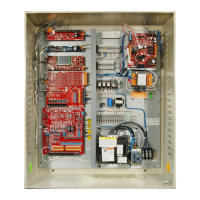
